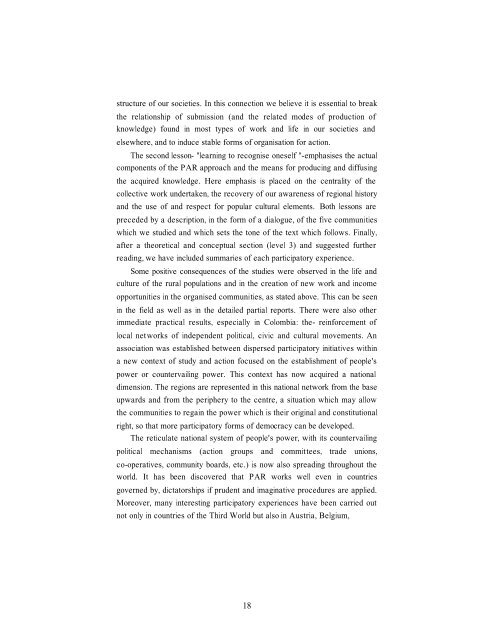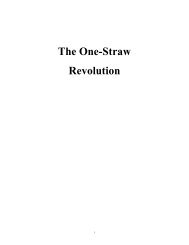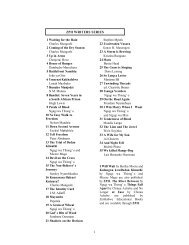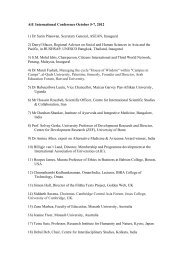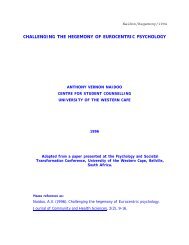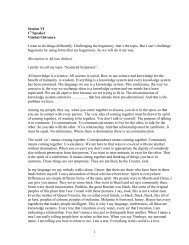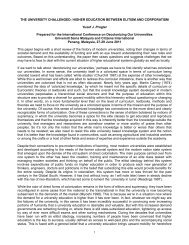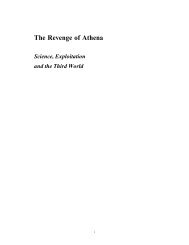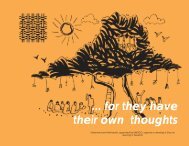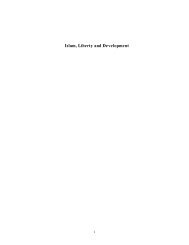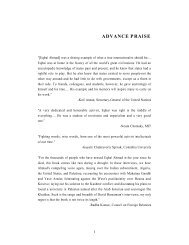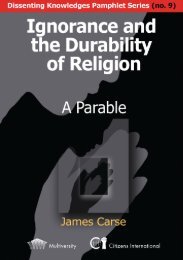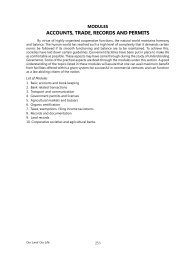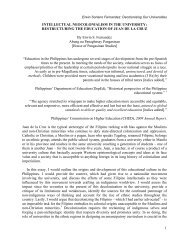Knowledge and People's Power - Multiworld India
Knowledge and People's Power - Multiworld India
Knowledge and People's Power - Multiworld India
- No tags were found...
You also want an ePaper? Increase the reach of your titles
YUMPU automatically turns print PDFs into web optimized ePapers that Google loves.
structure of our societies. In this connection we believe it is essential to breakthe relationship of submission (<strong>and</strong> the related modes of production ofknowledge) found in most types of work <strong>and</strong> life in our societies <strong>and</strong>elsewhere, <strong>and</strong> to induce stable forms of organisation for action.The second lesson- "learning to recognise oneself "-emphasises the actualcomponents of the PAR approach <strong>and</strong> the means for producing <strong>and</strong> diffusingthe acquired knowledge. Here emphasis is placed on the centrality of thecollective work undertaken, the recovery of our awareness of regional history<strong>and</strong> the use of <strong>and</strong> respect for popular cultural elements. Both lessons arepreceded by a description, in the form of a dialogue, of the five communitieswhich we studied <strong>and</strong> which sets the tone of the text which follows. Finally,after a theoretical <strong>and</strong> conceptual section (level 3) <strong>and</strong> suggested furtherreading, we have included summaries of each participatory experience.Some positive consequences of the studies were observed in the life <strong>and</strong>culture of the rural populations <strong>and</strong> in the creation of new work <strong>and</strong> incomeopportunities in the organised communities, as stated above. This can be seenin the field as well as in the detailed partial reports. There were also otherimmediate practical results, especially in Colombia: the- reinforcement oflocal networks of independent political, civic <strong>and</strong> cultural movements. Anassociation was established between dispersed participatory initiatives withina new context of study <strong>and</strong> action focused on the establishment of people'spower or countervailing power. This context has now acquired a nationaldimension. The regions are represented in this national network from the baseupwards <strong>and</strong> from the periphery to the centre, a situation which may allowthe communities to regain the power which is their original <strong>and</strong> constitutionalright, so that more participatory forms of democracy can be developed.The reticulate national system of people's power, with its countervailingpolitical mechanisms (action groups <strong>and</strong> committees, trade unions,co-operatives, community boards, etc.) is now also spreading throughout theworld. It has been discovered that PAR works well even in countriesgoverned by, dictatorships if prudent <strong>and</strong> imaginative procedures are applied.Moreover, many interesting participatory experiences have been carried outnot only in countries of the Third World but also in Austria, Belgium,18


